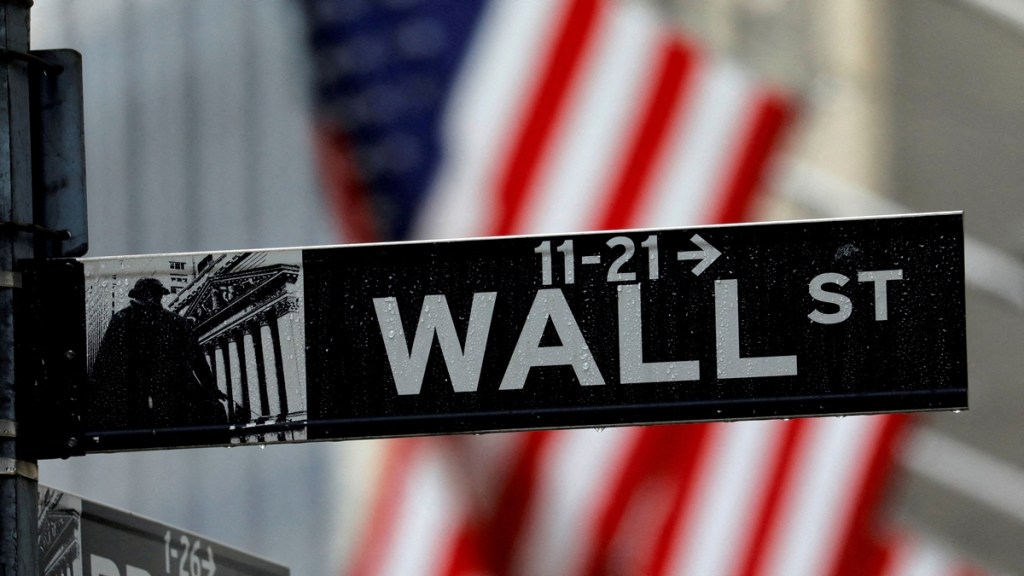Friday saw little change in US stock futures after the major averages had strong selling pressure during the previous session, which resulted in the Dow having its worst session in almost a year. In an effort to reverse losses from the previous two sessions, US stock futures saw gains on Friday. Contracts on the S&P 500 and the Nasdaq added 0.3%, while the Dow Jones gained 40 points.
Because of the hawkish FOMC minutes and the flash S&P Global PMIs, which indicated robust business activity and increasing price pressure, traders have been concerned that the Fed may decide to hold interest rates higher for an extended period of time.
In regular trading on Thursday, the Dow tumbled 1.53%, marking its worst day since March 2023. The S&P 500 and Nasdaq Composite also fell 0.74% and 0.39%, respectively.
Those moves came as hotter-than-expected PMI data in the US fueled concerns that interest rates could stay elevated for some time.
In extended trading, Intuit fell more than 6% after issuing weak guidance for the current quarter. Sharp losses were seen from mega-cap tech names such as AMD (-3.1%), Tesla (-3.5%), Apple (-2.1%), Amazon (-1.1%) and Alphabet (-1.6%).
Meanwhile, Nvidia rallied 9.3% on an earnings and revenue beat driven by strong demand for AI chips. In contrast, Boeing dropped 7.6% after its CFO projected negative free cash flow and no recovery in aircraft deliveries in the second quarter, citing ongoing production challenges.
The Hang Seng plummeted 259.77 points or 1.38% to end at 18,608.94 on Friday, withdrawing for the fourth session while staying at its lowest level in two weeks as the timing of interest rate cuts in the US was unclear following robust data and the FOMC’s hawkish minutes. Traders were also nervous as China entered a second day of geopolitical agitation around the Taiwan Strait by holding military drills, pressuring the index to sink 4.8% weekly, the first fall in 5 weeks.
The FTSE 100 traded 0.7% lower on Friday, marking four straight sessions of losses due to weak economic data and global concerns over high interest rates. UK retail sales fell 2.3% in April, far worse than the anticipated 0.4% decrease. Anxiety about sustained high interest rates heightened following positive US business activity data for May, hitting a two-year high.
Stocks in Europe were lower on Friday, with the pan-European STOXX 50 falling 0.8% and the STOXX 600 losing 0.7%, tracking a global cautious mood, as prospects that the Fed will keep interest rates elevated for some time weighed on investors’ mood. In Europe, the ECB is still expected to cut rates next month, but stronger-than-expected PMIs for Germany and the Eurozone raised doubts about any move beyond June.


